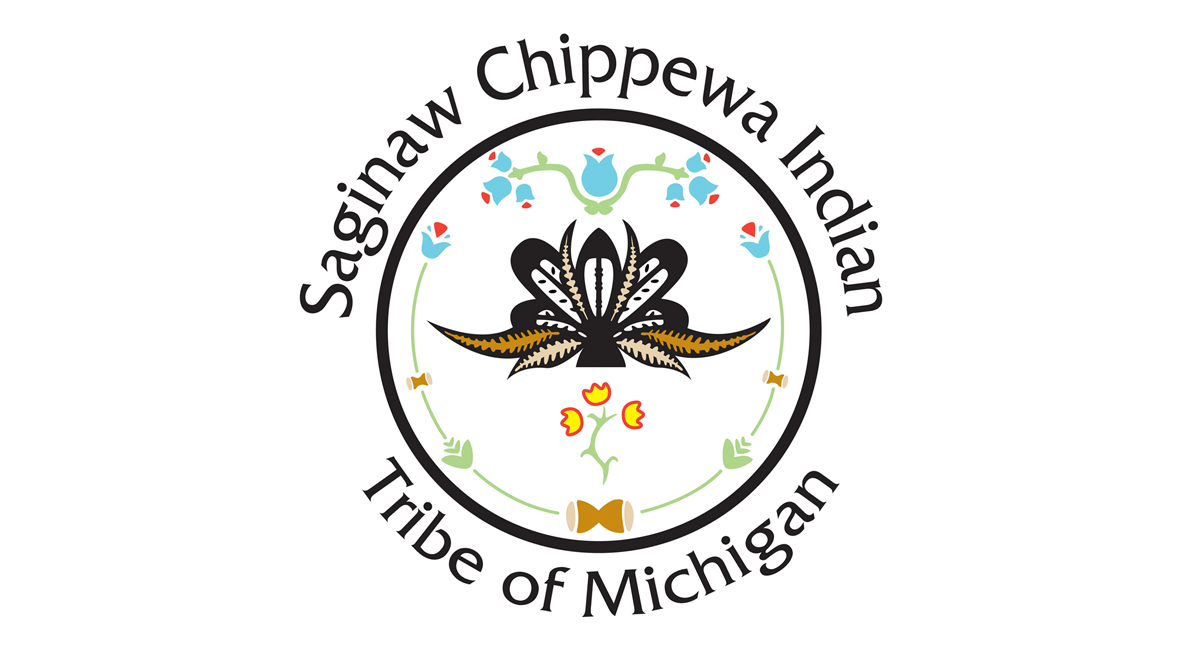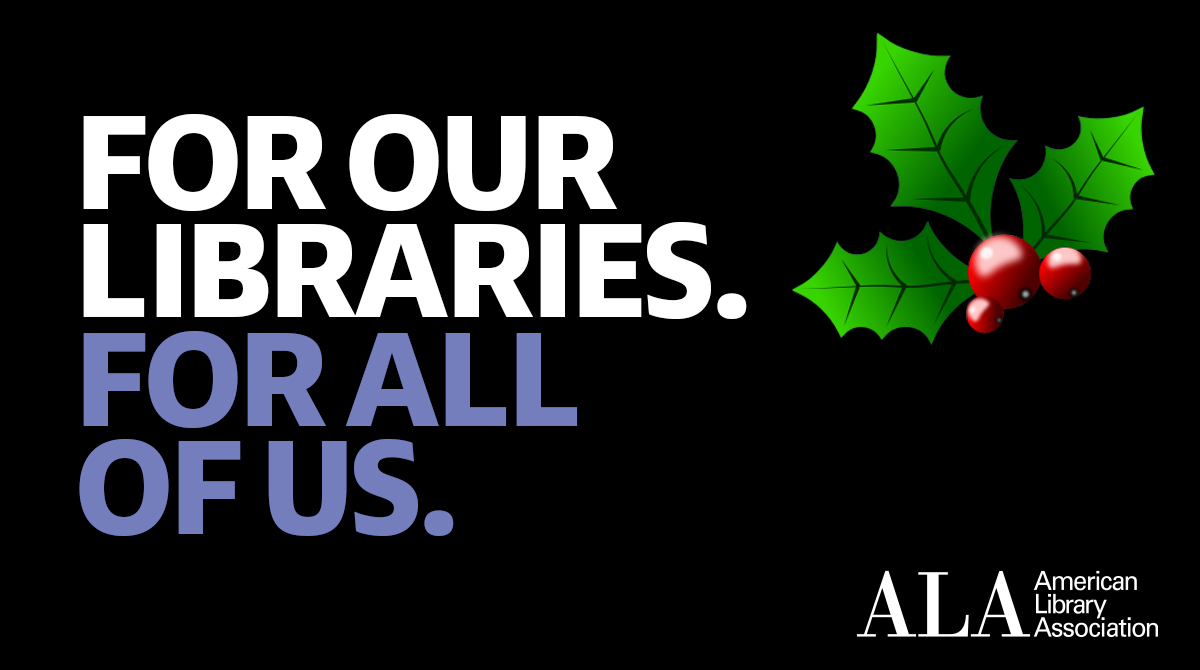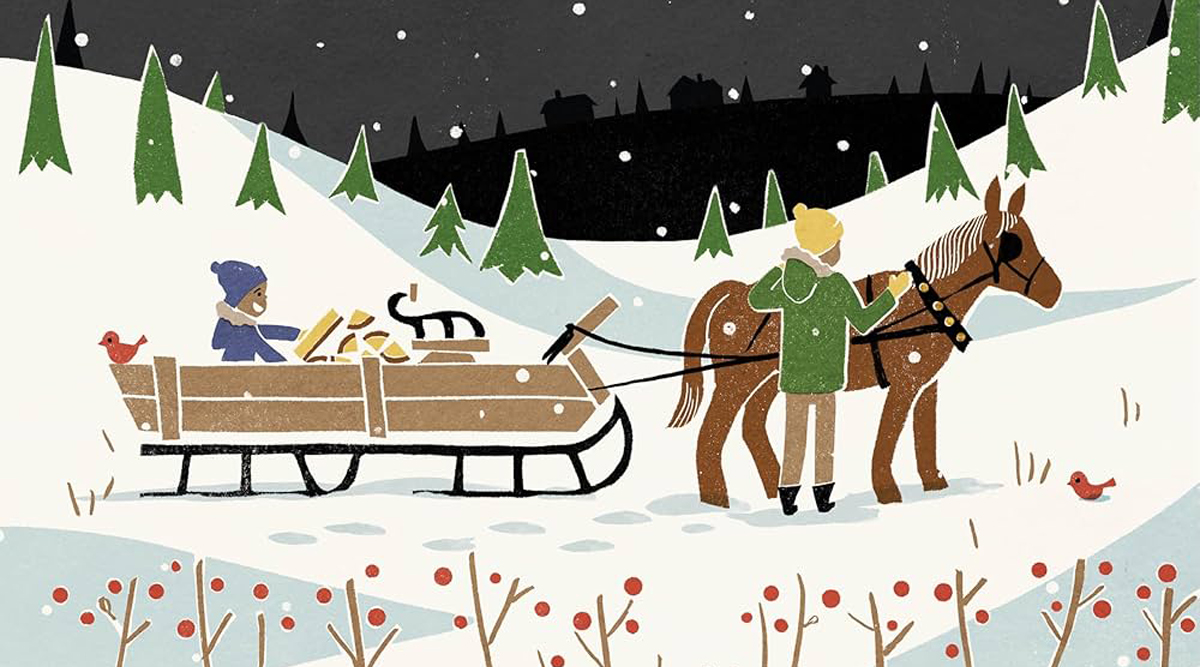Representation matters, especially when it comes to elected officials and the public offices they hold. On a national level, Native American, Alaska Native, and Native Hawaiian individuals collectively represent at least 3.4% of the total population. Yet, they make up just 0.07% of elected officials in the United States, according to Advance Native Political Leadership (ANPL), a nonprofit organization that was established in 2015 to help and encourage members of that community to become more politically active.
In an effort to reverse that trend, Saginaw Chippewa Tribal Libraries in Mount Pleasant, Michigan, created a program to encourage Native individuals living in the region to consider running for non-Tribal elected offices themselves to help ensure that diverse perspectives are part of community conversations and policy decisions. Saginaw Chippewa Tribal Libraries used resources provided by the American Library Association’s (ALA) 2024 Peggy Barber Tribute Grant to facilitate the initiative. The grant provides $2,500 to public, academic, K-12, Tribal, and special libraries with limited programming budgets.
Tribal Librarian Anne Heidemann says that the community her library system serves is unique but ripe for such conversations.
“The community here is pretty small, compared to other library systems,” she explains, adding that it has about 1,600 cardholders. It tends to be “tight knit,” she says, and members of the community are big library supporters.
Heidemann recalls first reading about the Peggy Barber Tribute grant in an ALA newsletter and thinking, “Ooh, civic engagement! That’s something that this community is really interested in.”
Heidemann called on Melissa Isaac, an acquaintance who was the first Native person to be elected to the local Mount Pleasant public school board, and they created an event that provided an overview of what it’s like for a Native person to run for a non-Tribal office.
Titled Kna-dwen-mi-go (which translates to “you are needed”), the program provided an opportunity and space for tribal community members to engage with Native people who currently hold non-Tribal-elected office. Current Native elected officials were available to answer questions in-person and virtually and worked as guides to help those interested. Speakers included Jayme Davis from the North Dakota House of Representatives and Mica Standing Soldier from ANPL.
Heidemann says that ANPL was a perfect collaborative fit for Kna-dwen-mi-go.
“Knowing that group exists and being able to work with them, I think really started a great relationship,” she says. “I’m really hoping that we can continue to work with them.”
Although it’s too early to point to specific results—the event took place April 9, 2025—Heidemann is hopeful.
“There’s definitely been more buzz in the community about the idea of running,” she says. Participants left empowered and “ready to take action.”
Watch a Tik-Tok clip of the program below:
@saginaw.chippewa Earlier this month, Melissa Issac, Jayme Davis, and Mica Standing Soldier shared their experiences and insights on their roles in non-tribal elected offices during an event held at the Tribal College #nativetiktok #indiantiktok #indigenous #fyp #nativepride ♬ Catch & Release – Tia Wood
The Peggy Barber Tribute Grant is an annual ALA grant that recognizes, promotes, and supports meaningful programs in libraries that have limited and/or no access to budgetary support for programming.
The grant, named after the late library leader Peggy Barber, aims to help ease library budget challenges by awarding three libraries $2,500 to support a proposed program, program series, or programming effort. Applicants for the 2024 grant proposed programming related to civic education.
Your support of ALA helps make programs such as this possible. Consider becoming an ALA Supporter today.
Become a Supporter
Subscribe to the I Love Libraries newsletter! You’ll get news from the library world, advocacy updates, author interviews, book lists, and more delivered to your inbox every month.
Bill Furbee is a writer living in Kentucky.




